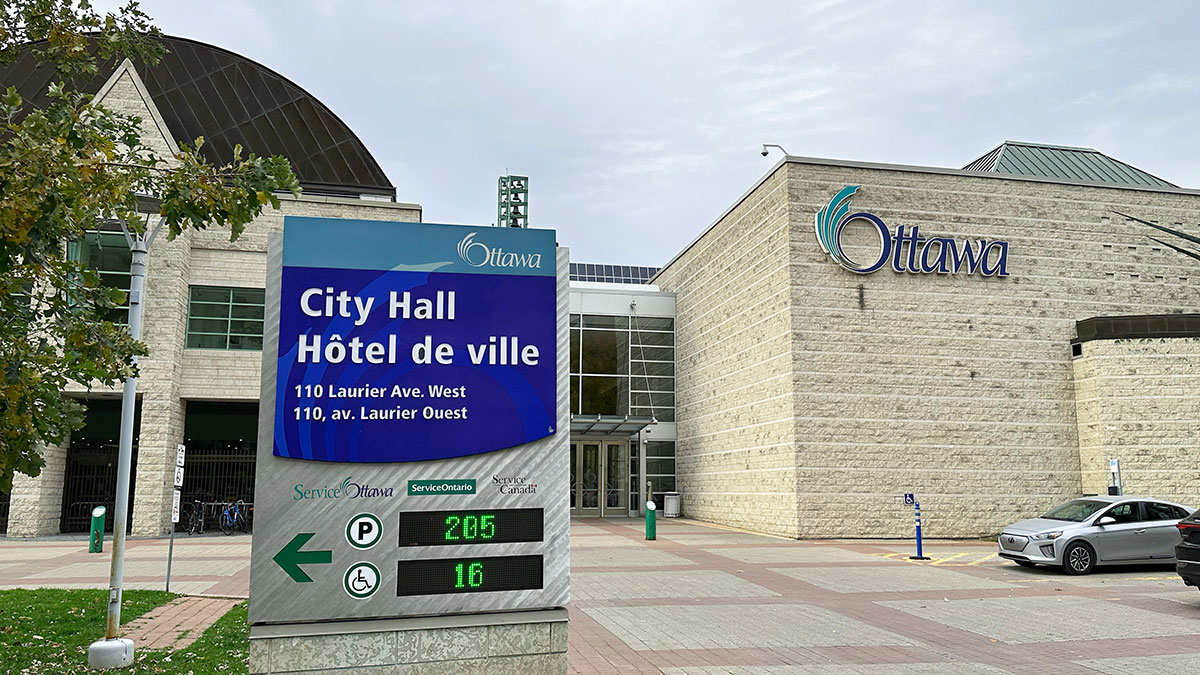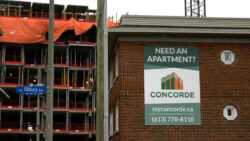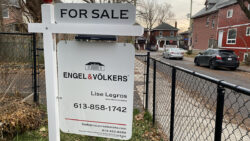With Ottawa’s homeless shelters operating at more than maximum capacity, the city’s Community Services Committee has passed a motion to open new emergency shelter spaces across the city to address the demand.
The motion will be considered by city council on Nov. 8.
During the committee meeting on Oct. 24, Rideau-Vanier Coun. Stephanie Plante, who brought the motion, said the city should take into account equity and diversity when deciding where the new shelters will be located.
Most of Ottawa’s shelter beds are located in Plante’s ward and the lack of shelter spaces in other wards risks increased marginalization for those who may have to travel further to access aid and other necessities, the committee motion says.
The city’s emergency housing resources are in very high demand. In 2022, 7,584 people relied on a shelter with the total length of stay being 750,921 days according to Ottawa’s Housing Services data. That is equivalent to approximately 2,057 shelter beds being occupied in the city each night. Ottawa has 729 beds available for single men and women and there are 145 rooms available for families.
The city’s shelter dashboard shows there were, on average, just more than 3,000 clients who stayed in temporary emergency accommodation in September, the most recent month for which data is available.
The city works with community partners to address housing and homelessness issues and the community partners typically decide on where to locate shelter services. Since the city is often just a funding partner, they have little say about where shelters are placed. That said, diversity and equity considerations will occur before the city invests in new funding as a partner.
“We always provide and use an equity lens, equity referring to not only people across equity deserving groups that require shelter but we also look at the whole of the city, population, demographics, and other considerations before we make any policy and or programming decisions and before we engage in funding decisions with non-profit partners,” according to city staff.
The committee also noted other potential roadblocks for creating new shelter spaces.
For example, this past June, the city announced the purchase of 1245 Kilborn Place, a former residence for Catholic priests, that could be converted into supportive housing and relieve the strain temporary shelters face.
However, the committee says, inflation, labour shortages and the on-going housing crisis, means the city cannot rely on existing housing stock or recreational facilities to continue to house those in need.




